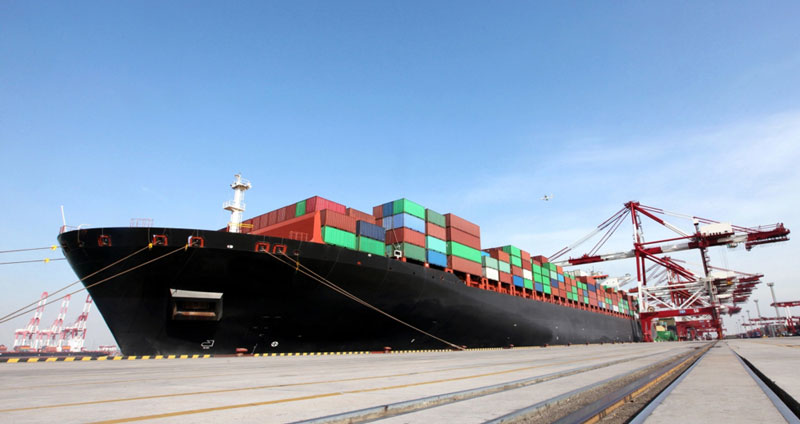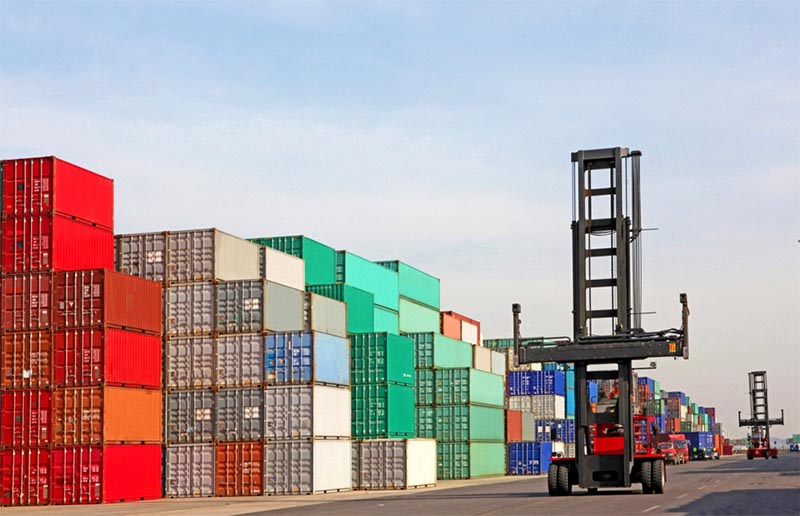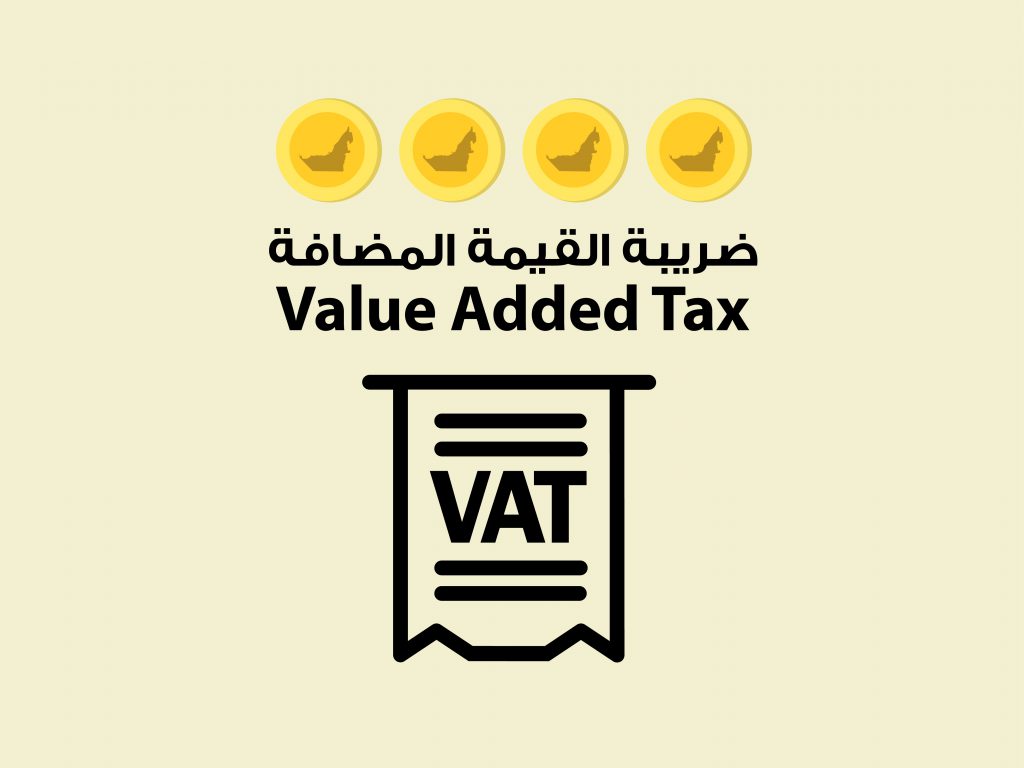Must VAT Be Paid on UAE Exports?
Value-Added Tax, more widely referred to as VAT, is notoriously confusing for companies all over. In January 2018, it was announced that the United Arab Emirates (UAE) would be implementing its own VAT. At a rate of 5%, it is the lowest rate in the world.
However, when it comes to the UAE, a few special exemptions apply that must be taken into consideration.
As detailed in the tax policy, some goods and services are “zero-rated” (meaning no VAT must be paid) and others are exempted. These goods and services are specified in the GCC-wide agreement.
Zero-Rated
According to the United Arab Emirates Federal Tax Law: “Export of goods and services outside the GCC and international transportation are zero-rated. They must be reported in tax returns, but no VAT will apply.”
Zero-rated means that the goods are still taxed with the VAT, just at the 0% rate. In other words, while no one will pay VAT on the goods, they still must be reported in the VAT account and they also need to be reported on the tax return for the business.
Really, it’s a matter of record keeping even when a good or service is on the zero-rated list. Whether a producer or a consumer, being aware of what’s on the zero-rated list is essential. As an exporter or importer, it is even more critical that you are aware of the latest laws and tax rates that may be affecting your work.

According to Article 45 of the Federal Decree-Law no. (8) of 2017 on Value Added Tax, the zero-rated items are as follows:
- Exports of goods and services
- International transport of goods and passengers
- Certain means of transport, such as trains, trams, vessels, airplanes
- First sale/rent of residential buildings
- Aircraft or vessels designated for rescue and assistance by air or sea
- Certain investment precious metals
- Certain health care services and related goods and services
- Certain educational services and related goods and services

Exempt
Some items hold an “exempt” status, which means they are not taxed with VAT. According to Article 46 of the Federal Decree-Law no. (8) of 2017 on Value Added Tax, the exempt items are as follows:
- Financial services, including those that are not conducted for an explicit fee, discount, commission, rebate or similar type of consideration
- Life insurance and reinsurance of life insurance
- Residential buildings (excluding residential buildings that are specifically zero-rated)
- Bare land
- Local passenger transport
Understanding VAT
“VAT is normally charged at each step of the supply chain and it ultimately ends at the consumer who pays the tax. However, producers charge it from suppliers and suppliers shift the cost to the consumer. In the case of zero-rated services, the companies can claim refunds from the government.”

It is important to fully understand how VAT may affect your business activities as the UAE government has clearly outlined the penalties that can result from omission or avoidance of information related to VAT.
Some activities that will lead to you being penalized include:
- Failing to register with the tax authority when required to do so
- Failing to submit a tax return and/or payment by the deadline
- Failing to properly record the required tax information
- Evading taxes by deliberately omitting information or violating a provision of the tax legislation
A great deal of helpful information can be found at the official website of the Federal Tax Authority.






